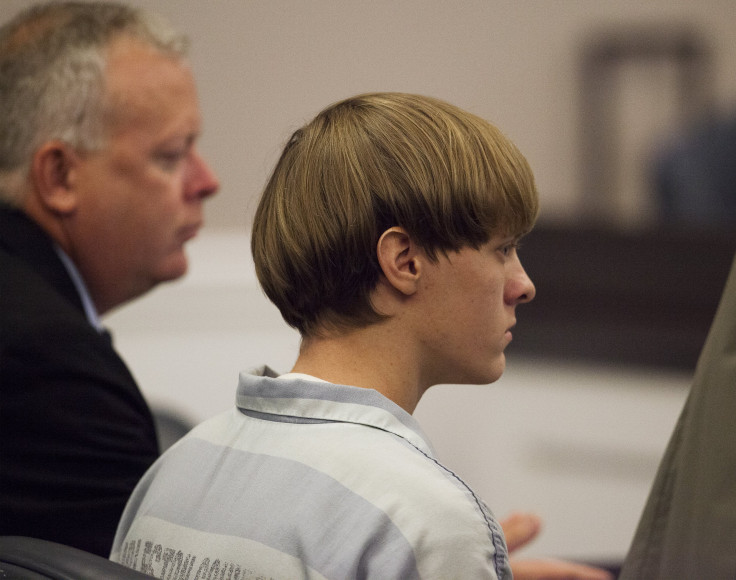Gun Control In South Carolina: Bankruptcy Bill Would Exempt 3 Firearms, 3,000 Rounds Of Ammunition

A state lawmaker in South Carolina has proposed a bill to exempt firearms and ammunition from bankruptcy proceedings, less than six months after a deadly church shooting in Charleston prompted scrutiny and criticism of gun purchasing processes and both federal and state laws. State Rep. Alan D. Clemmons, a Republican from Myrtle Beach, filed the bill in South Carolina's General Assembly Dec. 3, at which point it was referred to the House Committee on Judiciary.
The bill aims to amend existing bankruptcy code "so as to exempt three firearms of any value and one thousand rounds of ammunition for each firearm owned by the debtor." If the bill becomes law, a person filing for bankruptcy in South Carolina would be able to keep those firearms and that amount of ammunition after bankruptcy is declared.
Filing for personal bankruptcy can be caused by a range of factors, but it generally happens when an individual has more in debt than he or she can pay. Filing for bankruptcy can allow people to discharge certain debts, but they may lose personal property in the process -- unless that property is not exempt. Personal property bankruptcy exemptions in South Carolina include health aids, jewelry up to $500 and a motor vehicle with a maximum value of $1200, according to a website on South Carolina bankruptcy law.
Under the proposed South Carolina bill, a person filing for bankruptcy would not risk relinquishing guns and ammo, up to a certain amount, in order to pay off debts.
The bill was proposed less than six months after a deadly shooting that shocked the state. Dylann Roof, a 21-year-old white man, stands accused of entering a historic black church June 17 in Charleston and sitting in on a prayer group for an hour before shooting and killing nine members of the group, all of them African-American. He used a .45-caliber handgun, one he was able to purchase because of mistakes during his background check and because of other flaws in gun laws.
“We are all sick this happened,” James Comey, director of the FBI, said after those oversights came to light. “We wish we could turn back time. From this vantage point, everything seems obvious.”
For now, the Clemmons' bill to exempt firearms from bankruptcy proceedings sits in a committee in the South Carolina house. From there, it needs to be considered by the committee, which could either decide not to act on it and essentially kill the bill or refer it to a subcommittee for study and public hearings.
© Copyright IBTimes 2025. All rights reserved.






















